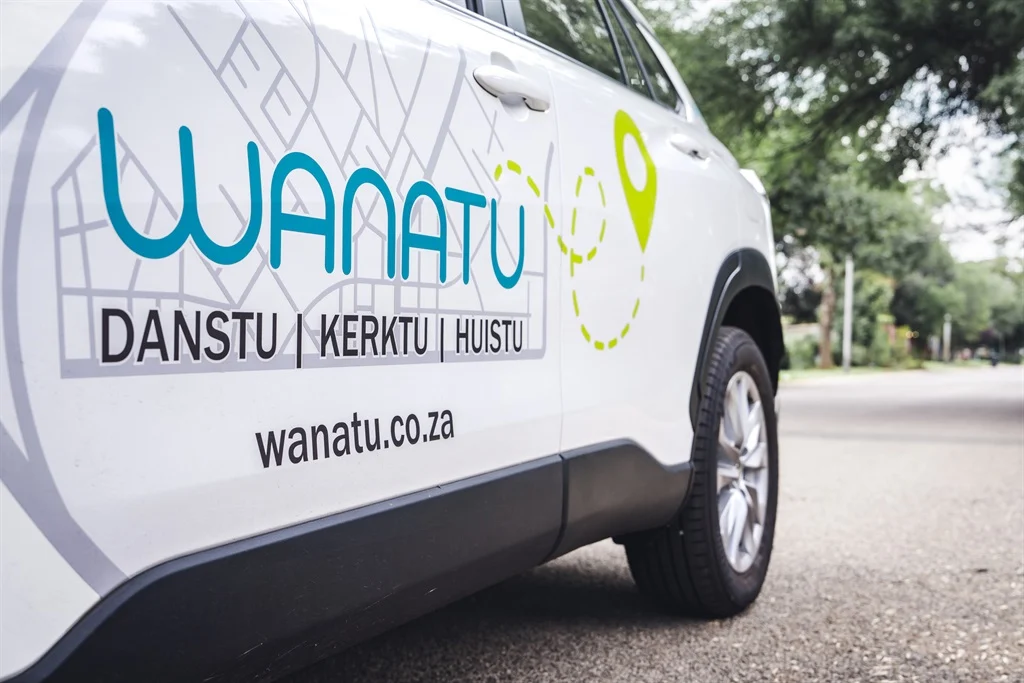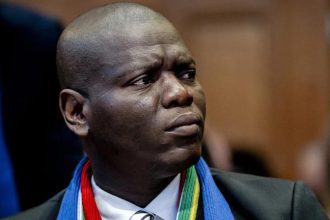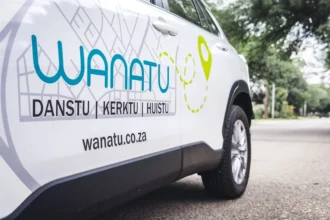Wanatu, a new e-hailing service marketing itself as South Africa’s first Afrikaans-based platform, has found itself at the center of controversy over its language policy. The company’s requirement for drivers to be proficient in Afrikaans has been criticized by legal experts as discriminatory and potentially unconstitutional.
Wanatu operates in Pretoria and Centurion and targets Afrikaans-speaking customers, citing the need to cater to those who predominantly speak the language. However, the company’s decision to exclude non-Afrikaans speakers from employment opportunities has raised concerns about fairness and inclusivity.
Despite several attempts by IOL to get a response from Wanatu, the company declined to comment before publication.
Legal Experts on Discrimination
Is the Policy Discriminatory?
Craig Kirchmann, labor law specialist at Kirchmann Inc., suggests that requiring Afrikaans proficiency as a condition of employment is discriminatory. However, the core legal question is whether this discrimination is fair or justifiable.
Kirchmann explains that for the policy to be deemed fair, Wanatu must demonstrate that speaking Afrikaans is an inherent requirement of the job. He argues that this is unlikely given that most communication with drivers and users is facilitated through the app, which includes an English translation feature.
“The courts have emphasized that any form of discrimination must be proportional and rational to the benefit derived. It seems unlikely that Wanatu’s policy would meet these criteria,” Kirchmann added.
Constitutional Implications
Sandile July and Nonkosazana Nkosi of Werksmans Attorneys caution that Wanatu’s policy may violate Section 9(4) of the Constitution’s equality clause, as well as Section 6(1) of the Employment Equity Act (EEA).
“The exclusion of drivers based on language could constitute unfair discrimination,” they noted. “Wanatu must prove that the requirement is rationally connected to the performance of the job and is not inherently unfair.”
July and Nkosi pointed out that, while preserving and promoting language use is commendable, it must be balanced with the rights of others to access equal opportunities.
Case Law on Language Proficiency
The debate around Wanatu’s policy recalls the 2006 Stojce v University of KZN and Another case, where a senior lecturer was not appointed due to insufficient English fluency. The court ruled that language proficiency is justifiable only if it is essential for performing the job.
According to July and Nkosi, Wanatu will need to show that Afrikaans proficiency is indispensable for drivers. The existence of an English translation button in the app undermines the argument that Afrikaans is critical for service delivery.
Independent Contractors vs. Employees
If Wanatu classifies its drivers as independent contractors rather than employees, the Employment Equity Act would not apply. However, the company’s policy could still face scrutiny under the Promotion of Equality and Prevention of Unfair Discrimination Act (PEPUDA).
July and Nkosi argue that even under PEPUDA, Wanatu’s Afrikaans-centric hiring practices could be challenged for failing to align with South Africa’s constitutional principles of equality and non-discrimination.
Balancing Language Policies and Equality
Wanatu’s Afrikaans-only hiring policy raises broader questions about how businesses can preserve cultural and linguistic identity while adhering to South Africa’s constitutional values.
While the company aims to restore dignity and provide jobs for Afrikaans-speaking individuals, experts caution that such policies must not come at the expense of others’ rights to fair labor practices and equality.
The debate surrounding Wanatu’s hiring policy underscores the delicate balance between cultural preservation and inclusivity in South Africa’s multilingual society.












